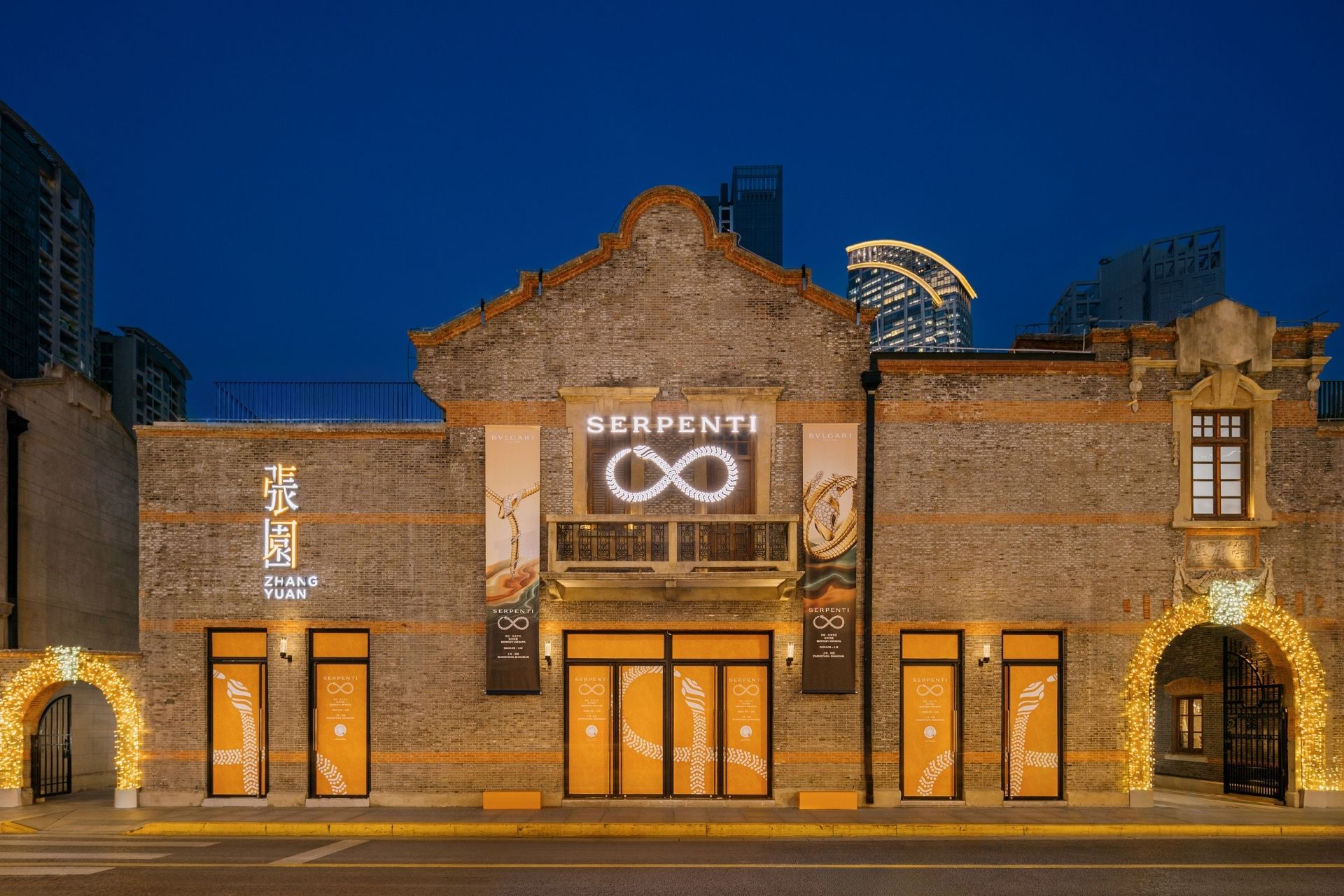The latest research from DLG (Digital Luxury Group) explores the success of the industry’s fastest growing and disruptive beauty brands, and what lessons can be learnt and applied to maintain growth in the ever-changing digital landscape.


The study, which looked at over 25 beauty brands with skincare as their main product by analysing Google searches in English globally, also found the leading channel in which those searches were performed was mobile, accounting for 77 percent of total beauty searches in 2019, up 26 percent three years ago.
The research also looked at the brands’ search and e-commerce capabilities to give a sense of the trends and best practices in the market.
New skincare brands like Drunk Elephant and Glossier have the fastest growing search demand of the past three years. Drunk Elephant recorded 881 percent growth in search volumes, while Glossier search volumes rose by 465 percent from 2016 to 2019.

However, established brands like SkinCeuticals, La Roche-Posay and La Mer are keeping pace with the younger upstarts in the market. SkinCeuticals search volumes grew by 116 percent, La Roche-Posay climbed by 106 percent and La Mer rose by 89 percent, demonstrating the opportunity for more traditional skincare brands to keep building momentum within the fast-changing beauty market.
Furthermore, brands belonging to conglomerates like Estée Lauder and L’Oreal are still leading the way in terms of search volumes, thanks to their extensive distribution networks and experience in handling multiple categories in e-commerce.
As the market continues to shift, traditional skincare brands need to ensure they adapt their digital marketing strategies to keep up with the disruption in the industry by ensuring their e-commerce capabilities are up-to-date with consumers’ demand for a more detailed and enhanced purchasing experience and by looking closely at consumers’ keyword search interest in order to identify what trends consumers are researching into.
Stay tuned for further insights from the full report, which will be available in the coming weeks.
Cover Image: Drunk Elephant. Photo: Courtesy.








